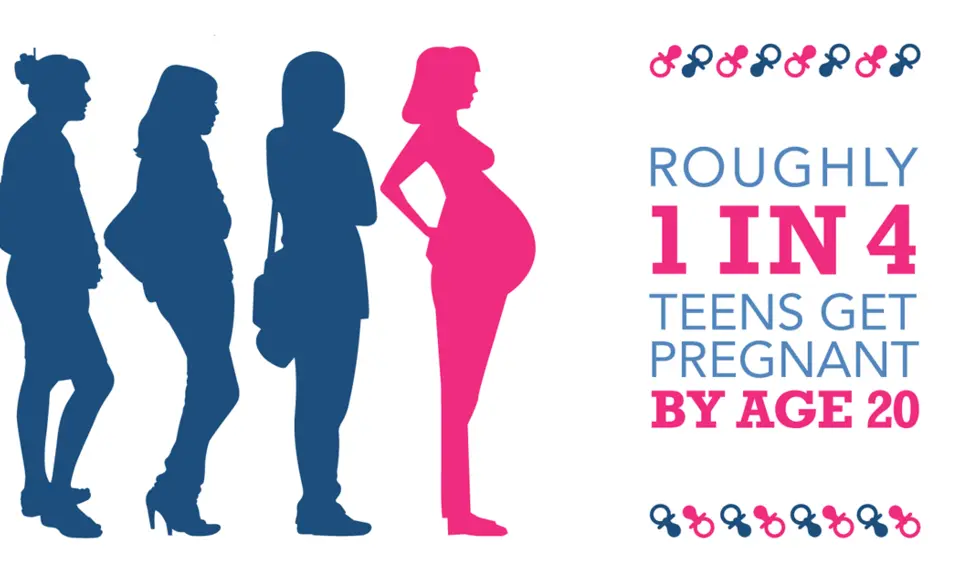One of the important questions that must be answered by government funding negotiators is whether the U.S. will invest in young people's health and rights. From teen pregnancy and HIV prevention to sex education and more, People For the American Way wants to ensure that young people, including young people of color, LGBTQ+ youth, and youth with differing abilities, are a priority. You can download the May 2019 teen pregnancy prevention coalition letter here. Similar asks were made in March 2019, March 2018, and April 2017.
Dear Representatives Pelosi and McCarthy, and Senators McConnell and Schumer:
As local, state, and national organizations dedicated to the health and success of youth in this country, we urge Congress to continue funding for the Office of Adolescent Health’s (OAH) Teen Pregnancy Prevention (TPP) Program at $110 million and the Administration on Children and Families’ Personal Responsibility Education Program (PREP) at $75 million, and to protect the integrity of these programs. The TPP Program and PREP have been recognized as pioneering examples of tiered, evidence-based policymaking that represent an important contribution to building a body of evidence of what works. They have traditionally included high quality implementation, evaluation, innovation, and learning from results. As Congress works on funding for FY 2020 and beyond, it is essential to preserve funding for these programs, along with their current evidence-based approach.
The teen pregnancy and teen birth rate have declined by an impressive 63 percent and 70 percent respectively since the early 1990s. There have been declines across all racial and ethnic groups, and in all 50 states. Yet it is still the case that roughly one in four girls in this country will become pregnant before the age of 20, and there are disparities by race/ethnicity, age, and geography. In addition, youth in foster care have rates twice as high as youth not in care. PREP and the TPP Program address these disparities by targeting funds to youth and communities with the greatest needs.
Despite the progress that has been made, the United States has the highest rate of teen pregnancies in the developed world—nearly 450,000 pregnancies to teens each year. At a time when the U.S. needs to become more competitive in the global economy, our teen pregnancy rates are still much higher than our trading partners and competitors, making it harder for many young people to achieve their goals. Only half of teen mothers obtain a high school diploma by age 22, and less than two percent will complete college by the time they turn 30. In addition, teen mothers and their infants are also at increased risk for poor health outcomes, such as preterm birth and low birth weight. However, the unprecedented declines over the past two decades show that progress is possible.
The TPP Program and PREP are among the pioneering government programs that use evidence, both as criteria for funding decisions and to rigorously evaluate their efforts and results. A study by Power to Decide found that in 2015 alone, the United States realized $4.4 billion dollars in savings due to the decline in the teen birth rate between 1991 and 2015. The public recognizes the value in evidence-based programs. In fact, polling indicates that 85% of adults (75% of Republicans and 89% of Democrats) favor maintaining federal funding for the TPP Program and PREP.
The TPP Program and PREP represent a modest but strategic investment by the federal government to address the nation’s high rate of teen pregnancy and contribute to progress on a host of other critical issues that are important to Americans: increasing high school and college completion, strengthening the workforce, and improving maternal and infant health. We hope that you will stand with the many groups below to protect this funding and program integrity of PREP and the TPP Program that will improve the lives of youth and future generations, while saving on public sector spending.
